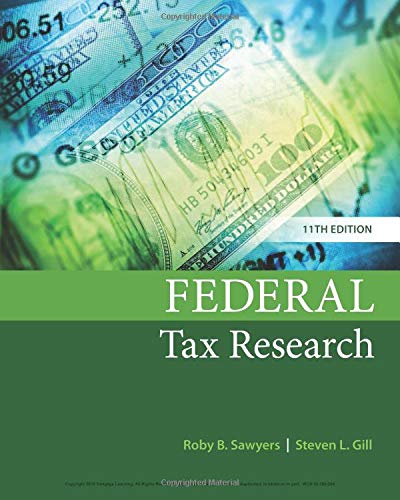Test Bank For Accounting What the Numbers Mean 12th Edition By David Marshall
Test Bank For Accounting What the Numbers Mean 12th Edition By David Marshall
Accounting What the Numbers Mean 12th Edition By David Marshall Test Bank
Accounting What the Numbers Mean 12th Edition By David Marshall
Accounting What the Numbers Mean 12th Edition
Accounting What the Numbers Mean
Chapter 1 Accounting—Present and Past
1) Which of the following entities would not require accounting information pertaining to their economic activities?
- A) Social clubs.
- B) Not-for-profit entities.
- C) State governments.
- D) All of these entities require accounting information.
2) The authoritative financial accounting standards-setting body in the United States is presently the:
- A) Securities and Exchange Commission (SEC)
- B) International Accounting Standards Board (IASB)
- C) Public Company Accounting Oversights Board (PCAOB)
- D) Financial Accounting Standards Board (FASB)
- E) Accounting Principles Board (APB)
3) Which of the following statements about the Financial Accounting Standards Board is correct?
- A) The FASB is an agency of the Federal government.
- B) The FASB has the authority to fine a noncompliant firm.
- C) The FASB follows a due process procedure that permits input from interested parties before an Accounting Standards Update (ASU) is issued.
- D) The FASB is controlled by the American Institute of CPAs.
4) Major classifications of accounting activity would not include:
- A) financial accounting, internal auditing, public accounting.
- B) internal auditing, governmental accounting, managerial accounting.
- C) financial accounting, national accounting, cost accounting.
- D) auditing, income tax accounting, governmental accounting.
5) Which of the following is not an example of a decision or informed judgment that a potential investor would make from accounting information?
- A) Future profitability based on past profitability.
- B) Probability of success of a new product development.
- C) A forecast of dividends.
- D) Assessment of risk that a company may have more debt than it can repay if the economy enters a recession.














Reviews
There are no reviews yet.